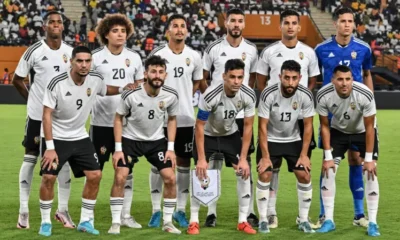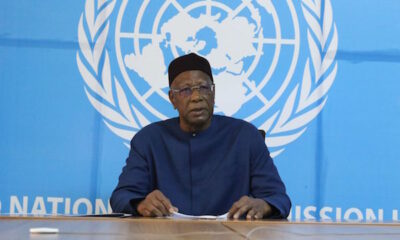According to two field engineers who spoke to Reuters, an ongoing political dispute over who controls the central bank and oil income led to the Sarir field almost completely stopping production on Wednesday.
Authorities in the east of Libya, where most of the country’s oilfields are located, said on Monday that they would stop all exports and production.
The experts said that Sarir was making around 209,000 barrels per day (bpd) before the output was cut.
Exports from the 300,000 bpd Sharara oilfield were already stopped because of “force majeure.” This week, Reuters reported problems at El Feel, Amal, Nafoora, and Abu Attifel.
Libya was a member of OPEC in July and was making about 1.18 million barrels of oil per day.
The move to cut off Libya’s main source of income comes after the Tripoli-based Presidency Council fired Sadiq al-Kabir as head of the Central Bank of Libya (CBL). This caused rival armed groups to get ready to fight.
This week, Prime Minister Abdulhamid al-Dbeibah, who was elected by the Libyan people through a process backed by the UN in 2021, said that oil areas should not be shut down “under flimsy pretexts.” General Michael Langley, head of U.S. Africa Command, and Chargé d’Affaires Jeremy Berndt met Khalifa Haftar on Tuesday. Haftar is in charge of the Libyan National Army, which rules the east and south of the country.
“The United States urges all Libyan stakeholders to engage constructively in dialogue,” the U.S. Embassy in Libya said on social media site X that the UN Support Mission in Libya and the rest of the world were behind them.
A comparison As of 10:39 GMT, Brent oil prices were down 1.2% to $78.35 per barrel. This was because of worries about Chinese demand and the possibility of a wider economic slowdown, which cancelled out worries about possible supply losses from Libya and other places.


 Sports2 days ago
Sports2 days ago
 Metro2 days ago
Metro2 days ago
 Metro1 day ago
Metro1 day ago
 Culture2 days ago
Culture2 days ago



































